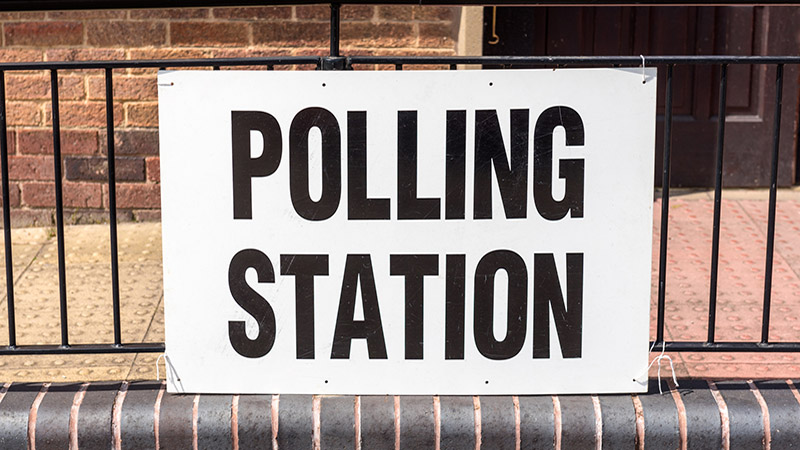With days to go until the UK general election, Columbia Threadneedle Investments chief economist Steven Bell says a ‘tough fiscal reality’ awaits the next government.
He says the macroeconomic background the new government will face is improving in many different ways. From an international perspective, the US economy has slowed a touch and is now delivering lower than expected inflation figures.
“In terms of economic surprises, the UK is already outperforming most other economies and I expect the upward revisions to economic growth to continue. Economic recovery is good for the fiscal balance and I think this could come in well below forecast.”
However, Bell argues the longer-term outlook for budget finances is ‘distinctly gloomy’.
See also: What could Conservative and Labour manifestos spell for the UK’s economy?
“Having taken the tax rate to record highs, the outgoing Conservative government has met its very weak fiscal rules only by totally unrealistic assumptions for government spending in unprotected areas like prisons and the justice system.
“The [likely] incoming Labour government is aware of this and will have to raise taxes. From a political point of view this is best done quickly. They have committed to leaving most of the main direct tax rates, as well as VAT, unchanged. The focus must, therefore, be on capital taxes.”
“Tax increases that they have announced will raise relatively little, VAT on school fees, the end of the non-Dom tax loophole, and ending the carried interest for most investments by private equity employees,” he says.
“My guess is that they will look across the board at possible tax increases, perhaps limiting ISA tax relief to people whose existing portfolio is below £1m, restricting pension contributions to the basic rate for income of tax, introducing extra council tax levels and they could also close a number of inheritance tax loopholes, agricultural land relief, business property relief and perhaps even the exemption of SIPPs from inheritance tax.
“For obvious reasons the Labour Party do not want to discuss any of these tax rises ahead of the election and they will need to have detailed discussions with the Treasury and the Office for Budget Responsibility before they implement them.”
Fiscal policy
Bell suggests fiscal headroom for the new government could be created through tweaks to the Bank of England’s quantitative tightening programme. In contrast to other central banks, the BoE has aggressively been selling its stock of gilts.
“We think [the BoE] should take a passive approach and allow them to mature but not actively sell. If this policy were announced, it could reduce gilt yields and that would reduce debt interest and significantly improve the fiscal outlook.
“Another important step could be to introduce interest tiering on bank reserves. This is linked to quantitative tightening and is effectively a tax on banks.
“These two policies together could raise huge amounts of money, more than enough to finance the Labour party’s ambitious plans for an energy fund and a public private wealth fund. They will need to get the Bank of England on side however and that may be a problem.
“The new Labour government plans to be both radical, ambitious and determined to avoid the financial crises that beset previous labour governments before Tony Blair. There is a whole series of other big judgments to make, in other areas, such as workers rights, minimum wage and so forth. We will have to see whether the new government get those judgments and balances right or stumble in their early years.”
See also: Close Brothers Asset Management: A Labour majority is the only benign outcome for markets










